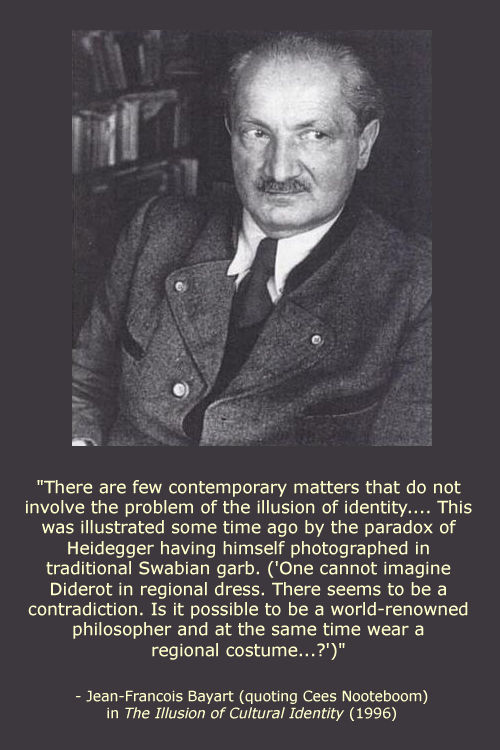 Read more.
Read more.

A Peer Reviewed Blog
 Read more.
Read more.
 National Public Radio in the U.S. has a well-known correspondent named Mandalit del Barco — recently (and humorously) voted the best name in public radio. Her name is so well known to NPR listeners that the guys at “Car Talk,” a call-in car repair show, parody it — among the many other fictitious people who staff their show — in their closing credits, thanking their “inventory manager, Mandalit del Barcode.”
National Public Radio in the U.S. has a well-known correspondent named Mandalit del Barco — recently (and humorously) voted the best name in public radio. Her name is so well known to NPR listeners that the guys at “Car Talk,” a call-in car repair show, parody it — among the many other fictitious people who staff their show — in their closing credits, thanking their “inventory manager, Mandalit del Barcode.”
But what I find interesting is how she says her own name and what it says about our commonsense view of language and identity. Continue reading “What’s in a Name?”
 Ever seen those? Those are Spanx brand undergarments. I’ll get to them in a minute.
Ever seen those? Those are Spanx brand undergarments. I’ll get to them in a minute.
I have just returned from my 20th high school reunion, which, as one might imagine, provides a cornucopia of data on identity. There were plenty of “Can you believe it’s been twenty years?” comments, the resurrection of lots of insider jokes that were much funnier long ago, and many discussions of spouses, jobs, and kids. In other words, it was an enjoyable, albeit predictable, time. Continue reading “Now You See It, Now You Don’t: On Deception and Identity”
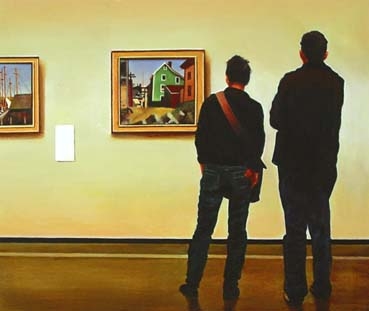
In the initial post responding to the Reza Aslan/Fox News interview, Craig Martin brought our attention to the ways in which similar logic can be used to launch competing identity claims. Particularly resonant for me is a quick anecdotal move in his post that contains much when considered carefully. He notes, “When I go to the American Academy of Religion annual meeting, I see lots of scholarship production tied to scholars’ identities, and much of it is very political.” I know exactly what he means. Continue reading “Look Who’s Talking!”
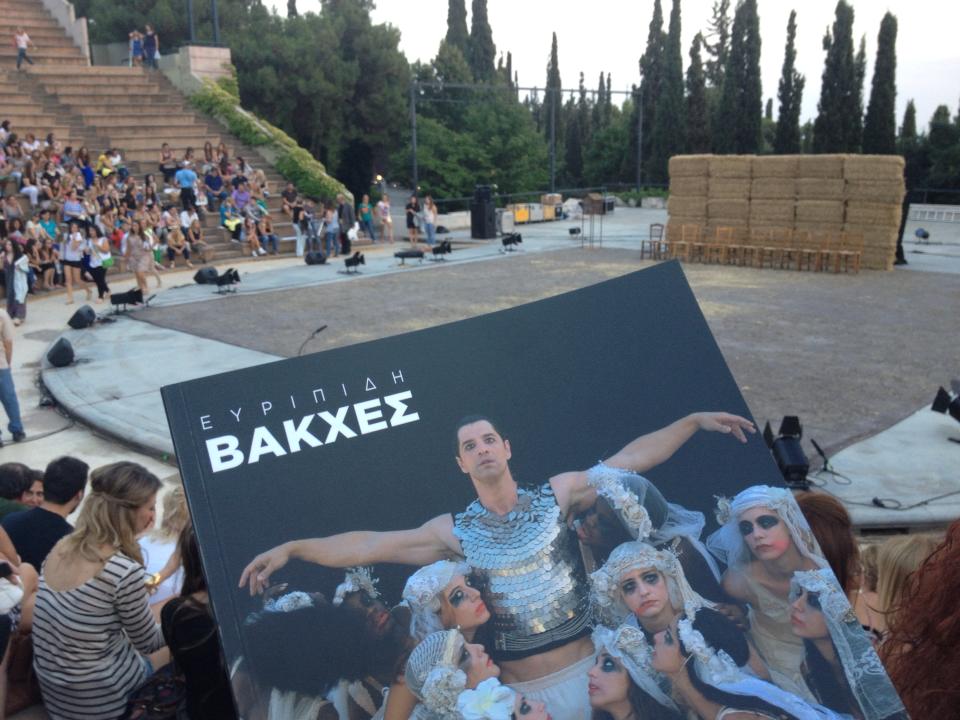 My love for the ancient Greek theatre certainly derives from my upbringing and schooling in Thessaloniki, the second largest city in Greece. For many Greeks seeing our ancient literary heritage being performed in outdoor theatres, especially during summer festivals, is certainly seen as being a step closer to our past. Today, the most well-known festival in Greece is the one that takes place every summer (since 1955) in one of our ancient theatres (known also for its great acoustics) the “sacred” (as you will hear it often referenced in Greece) theatre of Epidaurus.
My love for the ancient Greek theatre certainly derives from my upbringing and schooling in Thessaloniki, the second largest city in Greece. For many Greeks seeing our ancient literary heritage being performed in outdoor theatres, especially during summer festivals, is certainly seen as being a step closer to our past. Today, the most well-known festival in Greece is the one that takes place every summer (since 1955) in one of our ancient theatres (known also for its great acoustics) the “sacred” (as you will hear it often referenced in Greece) theatre of Epidaurus.
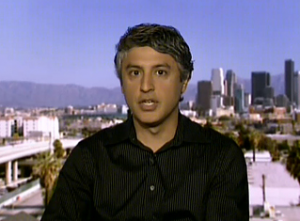 The assumptions within the assertions of identification in the Reza Aslan/Fox News interview have received some attention this week, including Craig Martin’s “Identity Claims Play out on Fox” and Russell McCutcheon‘s “Are You Buying It?” both on this blog. A different comment from Aslan, though, grabbed my attention (unfortunately not for its uniqueness). In addition to emphasizing his academic credentials to defend his study of the historical Jesus, published as Zealot, he argues that his identification as Muslim is irrelevant because his book “overturns pretty much everything that Islam also thinks about Jesus.” Since his work is not trying to promote Islamic orthodoxy, it seems that his religious identification is irrelevant.
The assumptions within the assertions of identification in the Reza Aslan/Fox News interview have received some attention this week, including Craig Martin’s “Identity Claims Play out on Fox” and Russell McCutcheon‘s “Are You Buying It?” both on this blog. A different comment from Aslan, though, grabbed my attention (unfortunately not for its uniqueness). In addition to emphasizing his academic credentials to defend his study of the historical Jesus, published as Zealot, he argues that his identification as Muslim is irrelevant because his book “overturns pretty much everything that Islam also thinks about Jesus.” Since his work is not trying to promote Islamic orthodoxy, it seems that his religious identification is irrelevant.
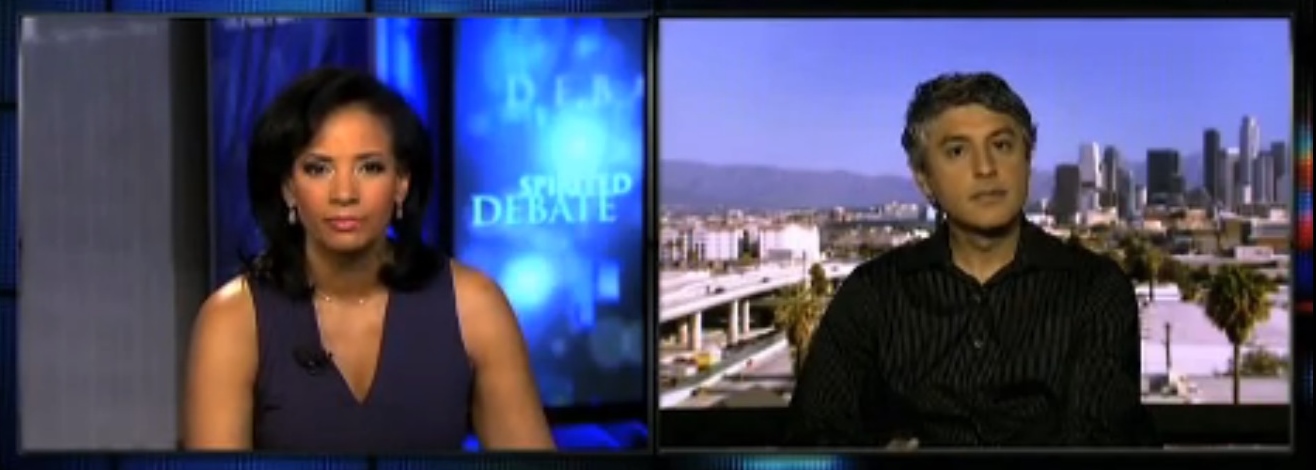
The interview with Reza Aslan on FOX News is already internet famous. (You can watch it here if you haven’t already seen it.) Continue reading “Identity Claims Play Out on FOX”

A recurring assertion of the contributors to this blog, as evidenced in the quote on the banner from Jean-Francois Bayart, is that identity is not something inherent or static. Identity is constructed, malleable, temporal. The implications of this assertion are many, and the reality of violence, both recent and past, makes those implications even more significant. Continue reading “The Violence of Constructed Identities”
A little while back, Russell McCutcheon prompted Monica Miller and me to think about the notion of code switching. People use the phrase to refer to everyday modes of discourse that come to be seen or understood as exceptional—specifically the phenomenon of talking or acting in particular ways depending on the group or context that surrounds someone. He gave us a clip from My Fair Lady as an example. The story is all about Eliza Doolittle’s (successful, by the accounts of those around her) attempt to become a “lady” rather than—to quote Prof. Higgins’s early assessment—someone “so deliciously low.” In order to trade her harsh cockney accent for that of a person in high British society, she goes through endless lessons attempting to change her speech, manner of dress, and behavior. For example, who can forget the famous “rain in Spain” breakthrough? It’s practically on par cinematically with Patty Duke’s spelling out w-a-t-e-r into miracle worker Anne Bancroft’s hand: Continue reading “In Other Words…”

If my previous post made any sense then scholars ought to cease looking for meaning, identity, or significance in the objects studied (like the holiness of the altar or debating which Muslim is the proper sort of Muslim). Rather than doing interpretive, let alone normative, studies we’ll instead examine the usually taken-for-granted systems that groups of people use to make sense of their world–to make the world as it happens to be into a manageable world that, if done “properly,” more than likely appears to all of us as if it always has been that way and therefore ought to continue being that way. Continue reading “Finding the Edges of a World Without End”